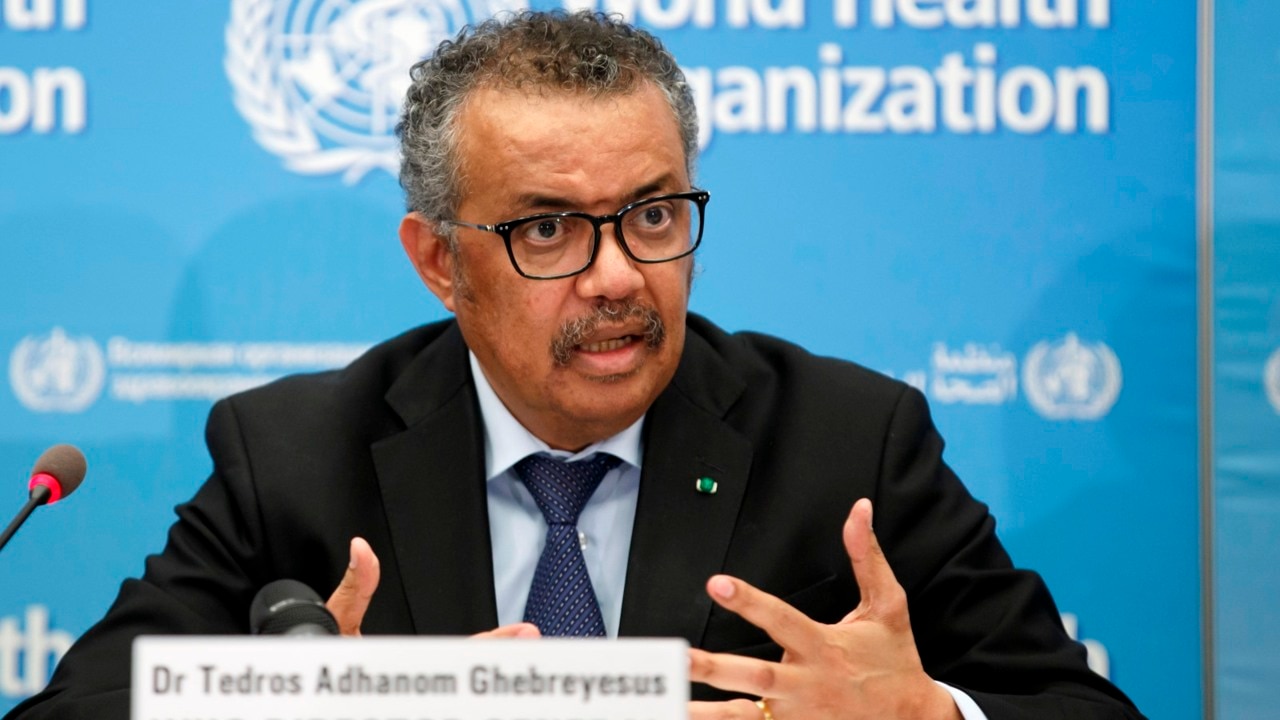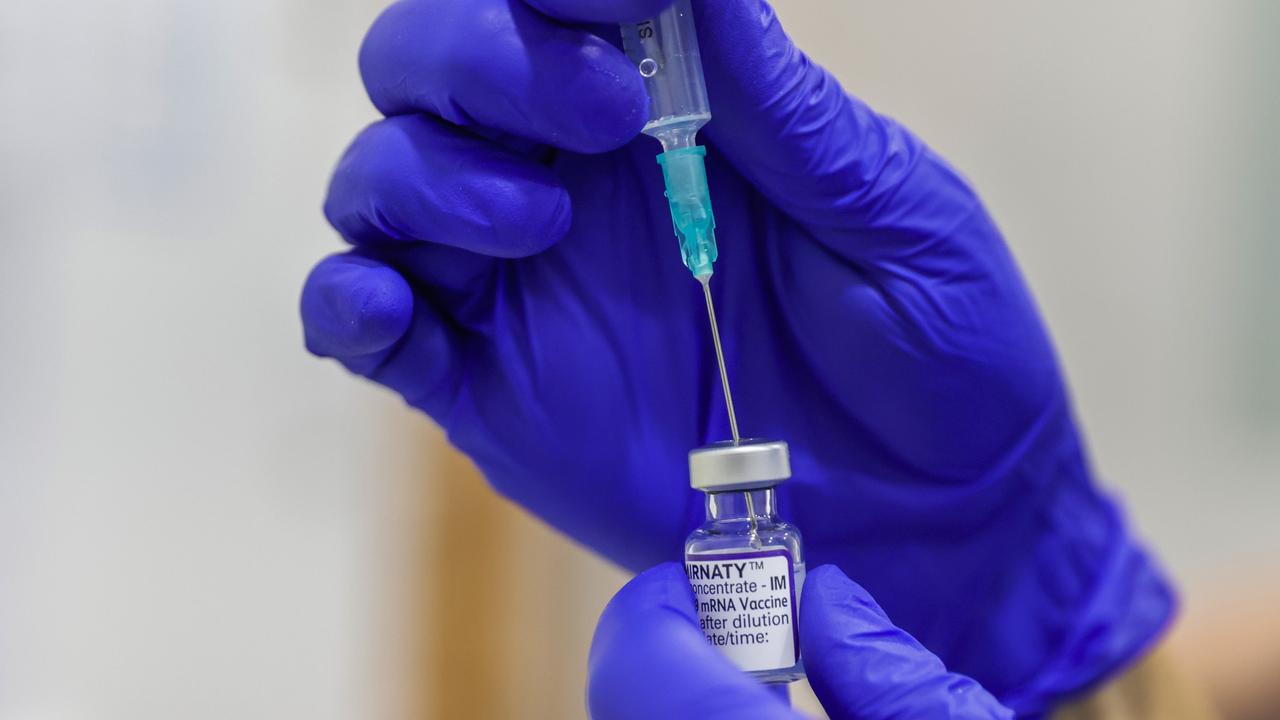Experts say Covid booster jabs may not be necessary for most people
Covid booster vaccinations could be given as part of flu jabs in future — and people may not know what brand they get. For now, experts are divided on the need for boosters.

NSW Coronavirus News
Don't miss out on the headlines from NSW Coronavirus News. Followed categories will be added to My News.
As many as four different vaccines could be offered to Australians as boosters, potentially delivered as part of the annual flu jab in the future.
Federal sources say Australians may not even be told what brand of booster they will be receiving, in the same way the makers of the various flu vaccines administered are not promoted.
While the vaccine-makers are yet to register with the Therapeutic Goods Administration to provide a booster in Australia, it is understood the federal government is ready to roll out the program quickly if this occurs.

Britain, the US and Israel are among the countries using booster jabs, although health experts are divided over how useful they are.
Doherty Institute director Sharon Lewin said while a third dose of Pfizer was recommended for people with compromised immunity, the “jury was out” on boosters.
“At the moment I don’t think there’s enough evidence to say that a young person under the age of 60 (who is) otherwise healthy definitely needs a booster,” Professor Lewin said.
If boosters were given the green light, Australia has already secured supply.
The federal government has purchased enough Pfizer and Moderna vaccines, including the Moderna Delta variant vaccine, to ensure all Australians can get a booster.
While Australians have been unable to mix and match their first and second doses of either Pfizer or AstraZeneca, boosters are seen as different.
Among the most potent combinations identified by ongoing research into boosters is AstraZeneca followed by an mRNA vaccine such as Pfizer or Moderna.
As for the timing of the boosters, Australian health officials are closely watching the results of studies into vaccine efficacy.
The first Australians to be vaccinated – frontline workers and the elderly – are now at the six-month mark, with most having obtained the Pfizer vaccine.
In its applications to overseas drugs authorities, Pfizer has suggested immunity lasts anywhere from six to 12 months, while for AstraZeneca, the immune response remains strong after six months.
There is emerging research that the effectiveness of Pfizer against Delta begins to wane around six months.
Australian Nursing and Midwifery Federation federal secretary Annie Butler said nurses “shouldn’t be the lambs to the slaughter” and backed booster shots.
“If we had the chief health officers examine the evidence properly we would strongly support that and call for those in … high-risk areas (to be given a booster),” she said.
The Australian Technical Advisory Group on Immunisation is expected to soon announce its verdict on the need for booster shots.
A spokesman for the federal Health Department said the government was “ready to address any longer-term immunity or emerging variants”.
Got a news tip? Email weekendtele@news.com.au
Originally published as Experts say Covid booster jabs may not be necessary for most people


